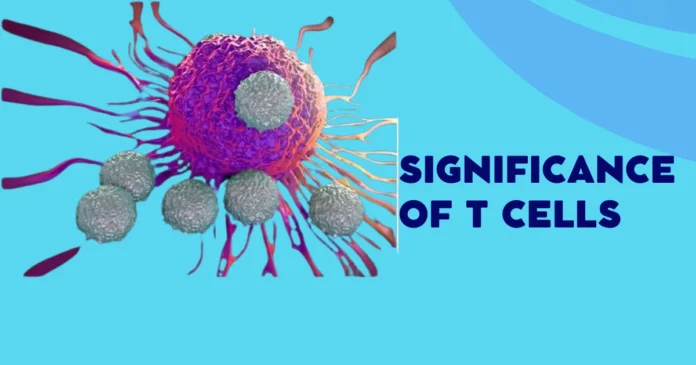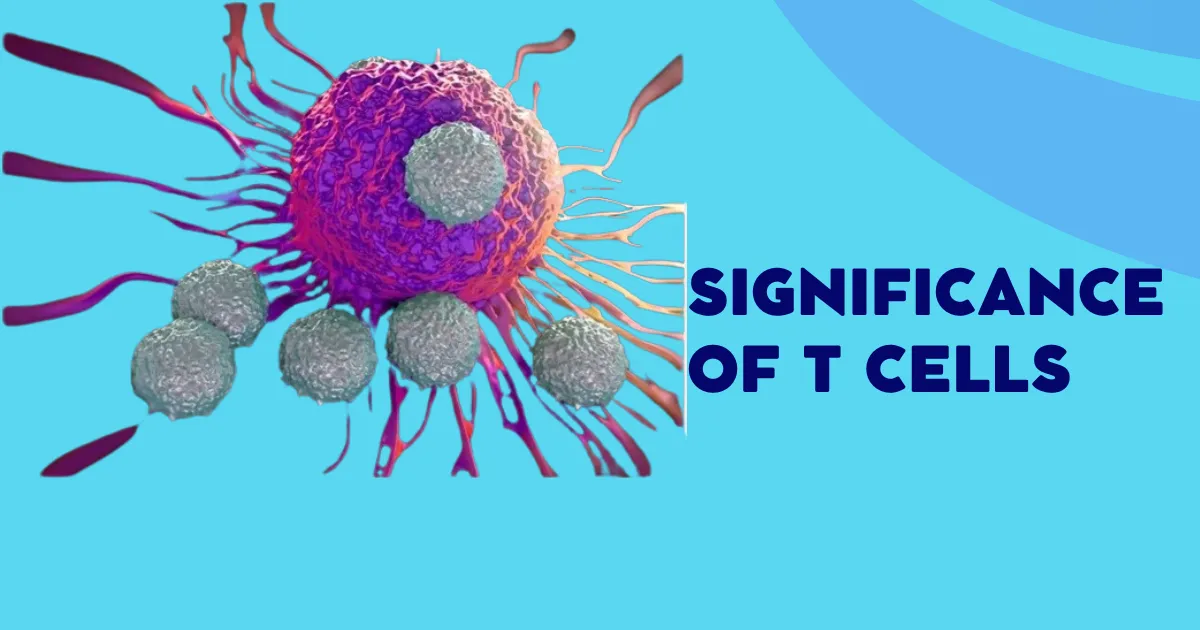Understanding the Role of Specific Proteins in Activating Immune Cells
The immune system acts as the body’s natural defense system, protecting against harmful pathogens and foreign substances. Activation of immune cells is a complex process involving the interaction of various proteins and signaling molecules. In this article, we will explore the role of specific proteins in activating immune cells and orchestrating the body’s immune response.
Introduction to Immune System Activation
Before delving into the role of specific proteins, it’s crucial to understand how the immune system is activated. Immune activation occurs in response to the detection of foreign antigens by specialized cells known as antigen-presenting cells (APCs). These APCs process and present antigens to T cells, triggering an immune response.
The study shows that protein STAP-1 plays a important role in activating certain immune cells.
New Study Discovery:
- A recent study has unveiled a potential therapy target for immune-related conditions like multiple sclerosis and asthma.
Role of STAP-1:
- STAP-1 plays a crucial role in activating T cells, which are white blood cells vital for defending the body against infections and maintaining overall health.
Significance of T Cells:
- T cells identify foreign substances (antigens) and mount tailored responses to eliminate pathogens like bacteria and viruses.
- T cells are essential components of the adaptive immune system, contributing to targeted immune responses against specific pathogens.
- They play a pivotal role in the body’s defense mechanism by identifying and eliminating infected or abnormal cells.
- T cells regulate immune responses by releasing cytokines, which modulate the activity of other immune cells.
- These cells are involved in immunological memory, providing long-term protection against recurring infections.
- T cells are critical for maintaining immune homeostasis and preventing autoimmune diseases.
Study Insights:
- The study, published in The Journal of Immunology, explores how STAP-1 influences immune responses.
- It functions as a mediator, aiding in the exchange of signals among various proteins inside cells.
- This enables the transmission of signals essential for an effective immune response.
Potential Implications:
- Understanding STAP-1’s role in T cell activation could enhance our comprehension of immune-related diseases.
- It may pave the way for the development of novel treatments targeting immune dysregulation in conditions like multiple sclerosis and asthma.
Understanding Specific Proteins in Immune Activation
Role of Antigen-Presenting Cells
Antigen-presenting cells, such as dendritic cells, macrophages, and B cells, play a critical role in immune activation. They engulf foreign antigens, process them, and present antigenic peptides on their surface in association with major histocompatibility complex (MHC) proteins.
Function of Major Histocompatibility Complex (MHC) Proteins
MHC proteins, also known as human leukocyte antigens (HLAs) in humans, are essential for presenting antigenic peptides to T cells. There are two classes of MHC proteins: MHC class I, which presents endogenous antigens to CD8+ cytotoxic T cells, and MHC class II, which presents exogenous antigens to CD4+ helper T cells.
Activation of T Cells by Antigen Presentation
Once antigens are presented by APCs via MHC proteins, T cells become activated. CD4+ T cells recognize antigens presented by MHC class II proteins and help coordinate the immune response, while CD8+ T cells recognize antigens presented by MHC class I proteins and directly kill infected cells.
The Role of Cytokines in Immune Cell Activation
Signaling Pathways
Cytokines are small proteins secreted by immune cells that act as signaling molecules to regulate immune responses. They bind to specific receptors on target cells, triggering intracellular signaling pathways that modulate gene expression and cellular functions.
Influence on Immune Cell Function
Cytokines play diverse roles in immune cell activation and function. Some cytokines, such as interleukins, promote T cell proliferation and differentiation, while others, like tumor necrosis factor (TNF) and interferons, enhance the inflammatory response and aid in the clearance of pathogens.
Examples of Specific Proteins and Their Roles
Interleukins
Interleukins are a group of cytokines that regulate immune cell communication and function. They play crucial roles in inflammation, immune cell activation, and the differentiation of T cells into effector and memory cells.
Tumor Necrosis Factor (TNF)
TNF is a pro-inflammatory cytokine produced by various immune cells, including macrophages and T cells. It plays a central role in the inflammatory response by inducing the expression of adhesion molecules and other cytokines, promoting immune cell recruitment and activation.
Interferons
Interferons are a group of cytokines that help regulate the immune response to viral infections. They inhibit viral replication, enhance antigen presentation, and stimulate the activity of natural killer cells and cytotoxic T cells, thereby aiding in the clearance of infected cells.
Regulation of Immune Activation
Negative Feedback Mechanisms
To prevent excessive immune activation and inflammation, the immune system employs negative feedback mechanisms to regulate immune responses. These mechanisms involve the secretion of anti-inflammatory cytokines and the activation of regulatory T cells to suppress immune cell activity.
Role of Checkpoint Proteins
Checkpoint proteins, such as programmed cell death protein 1 (PD-1) and cytotoxic T-lymphocyte-associated protein 4 (CTLA-4), play a crucial role in regulating immune responses and maintaining immune tolerance. They act as molecular brakes to prevent excessive T cell activation and autoimmunity.
Conclusion of Proteins in Activating Immune Cells
The activation of immune cells is a complex process orchestrated by specific proteins and signaling molecules. From antigen presentation to cytokine signaling, each step plays a crucial role in shaping the immune response to pathogens and foreign antigens. Understanding the role of these proteins not only enhances our knowledge of immunology but also opens new avenues for the development of targeted therapies for immune-related disorders.
FAQs of Proteins in Activating Immune Cells
1.What are some examples of antigen-presenting cells?
Antigen-presenting cells include dendritic cells, macrophages, and B cells.
2. How do cytokines activate immune cells?
Cytokines bind to specific receptors on target cells, triggering intracellular signaling pathways that modulate gene expression and cellular functions.
3. What is the function of interferons in immune activation?
Interferons help regulate the immune response to viral infections by inhibiting viral replication and enhancing the activity of immune cells.
4. How do checkpoint proteins regulate immune responses?
Checkpoint proteins act as molecular brakes to prevent excessive T cell activation and maintain immune tolerance.
5. Can immune activation lead to autoimmune diseases?
Dysregulated immune activation can contribute to autoimmune diseases, where the immune system mistakenly attacks healthy tissues and cells.





